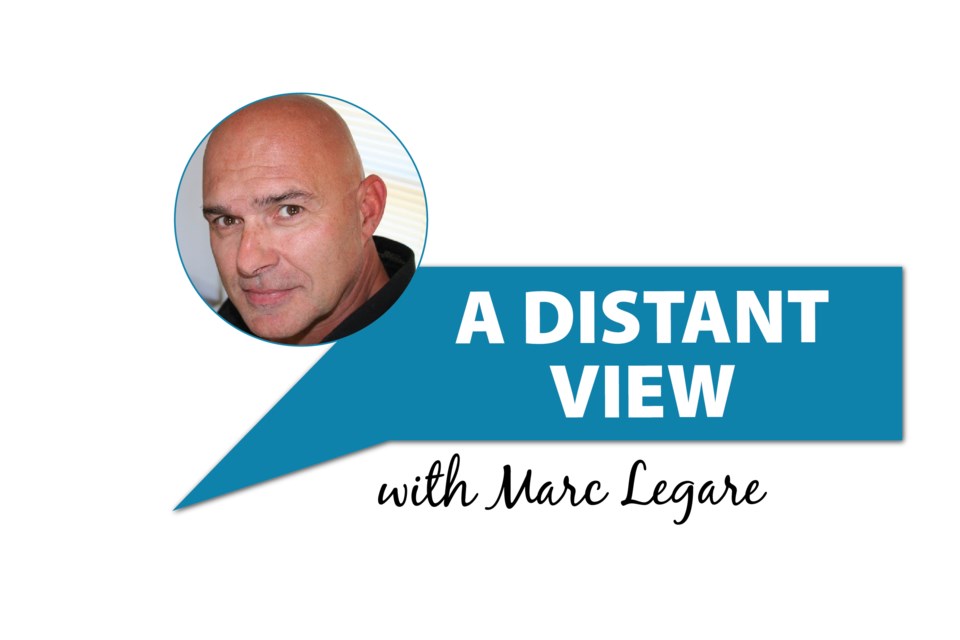Marc Legare is a philosopher and motorcycle adventurist.
He has travelled extensively, worked and lived in Australia, US, and across Canada.
He has a varied working career including: Firefighter, Lawyer, Navy, Motorcycle Importer, plus others.
He chose to return to southern Saskatchewan because of his family's deep roots here.
As a columnist, Legare's columns will offer food for thought.
There is a cancer that is plaguing our world and electronic communication forums and this blight is called anonymity. The ability to be unknown when communicating via the plethora of electronic social media and telephone networks is causing untold damage.
We all have grown accustomed to our mind-boggling ability to send instant messages around the world via email, texts, blogs, tweets, and a vast array of social media platforms. The now serious, but seldom addressed problem of the unknown origin, validity, and factuality of those messages is of epidemic proportions.
Any person with a cell phone or computer can misrepresent themselves, their location, and their intentions. They can be duplicitous about virtually anything simply because it is so difficult, if not impossible, to know who they are. Our modern communications can, and are, being used diabolically and that ability to be deceitful is directly linked to the capability to be anonymous.
Fake news is one such example. Anyone with a modicum of computer skills can make a web page and report any sort of news, information, or false facts without any genuine consequence. Why? Because they can hide in an electronic never-never-land of unknown authorship.
Millions of insults and ad hominem attacks fly around this planet at lightening speed. With human nature being what it is, hurling an insult is a great deal easier if the insulter can remain unknown. A not so small amount of hurt is dished out by less than kindhearted people from the misty, foggy world of the electronic void. For the many who do not have as thick a skin as they would like, the anonymity factor leaves one feeling like they are boxing with a shadow.
It is not to suggest in any way that the recent censorship and blocking of social media accounts is a good thing, it is not. Censorship is dangerous. The ability to be anonymous is an entirely different matter. Being censored is not a good thing, but having the ability to hide in the shadows while sending damaging communications is quite another.
Scams are another vile and telling outcome of the ability to be an electronic ghost. Who of us have not experienced an attempt to be deceived via our modern beeping and dinging devices? Scams, like insults, are sent out by the millions each and every day. The cornerstone, and sometimes success, of these frauds is primarily due to the fact that the fraudster can remain hidden. The word scam itself has become synonymous with our modern electronic world.
The endless forms of communication combined with the ability to be unknown while using those varying electronic mediums is yet another example of a newly formed social problem we have inherited by our blind acceptance of modern scientific know-how. When entertaining our next so-called life enriching advancement we ought to remind ourselves of the problems we incur from adopting the hi-tech environment we now live in.
It would be prudent to pause before we rush headlong into ever growing technologies and consider the negative fallout they burden us with. Let us remember the valuable words of J.K. Rowling who said, "Humans have a knack for choosing precisely the things that are worst for them."
A final word for those who have suffered from the negative impact this plague of anonymity has caused; take heart and solace in knowing that people who live in the shadows seldom if ever know what sunlight is.
The views and opinions expressed in this article are those of the author, and do not necessarily reflect the position of this publication.




